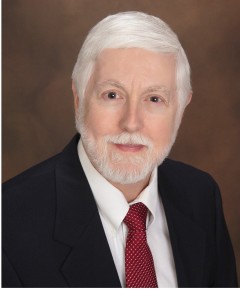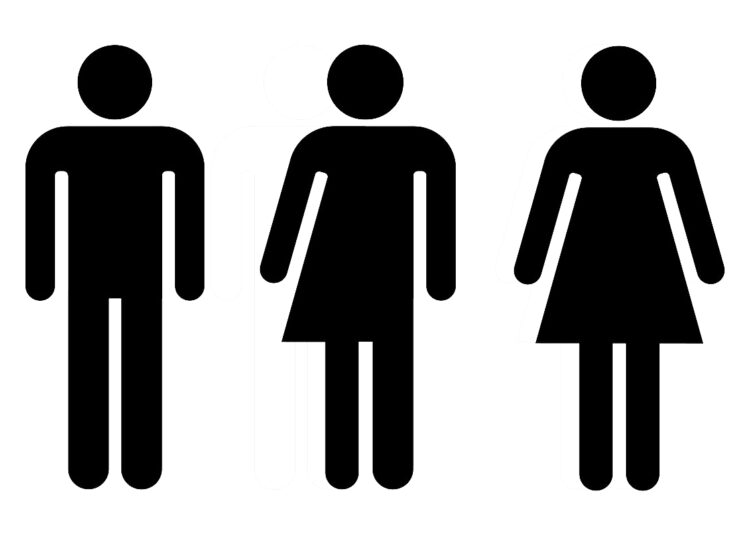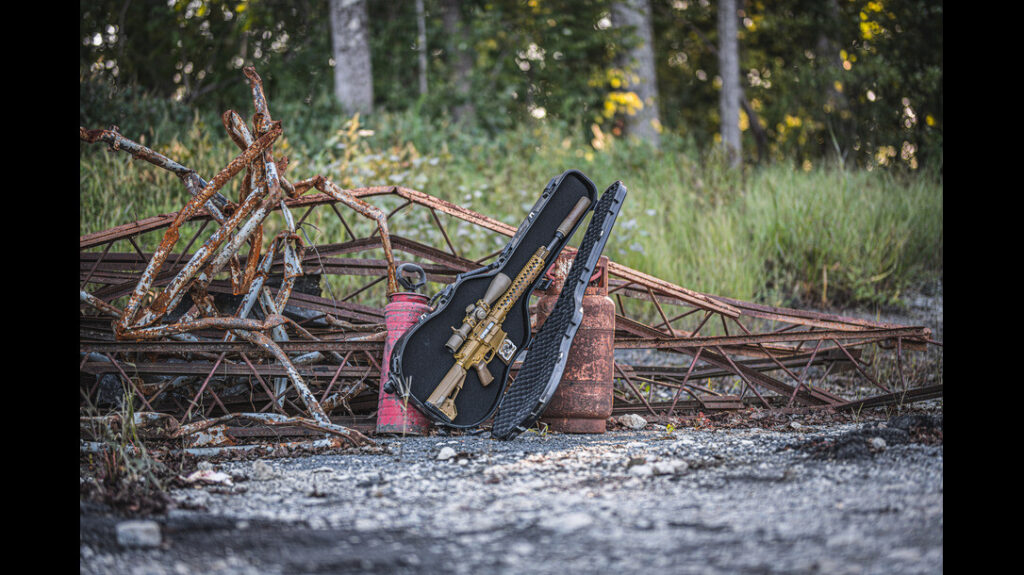Health “equity” or health for all? The wokerati, such as the American Medical Association, would like us to think that it takes the first to achieve the second. In 54 pages of more-than-usually mind-numbing social “sciences” verbology, the AMA has published Advancing Health Equity: A Guide to Language, Narrative and Concepts.
To begin with: “By health inequities, we mean gaps that are ‘unjust, avoidable, unnecessary and unfair.’” No, we don’t want those, and like many of the unwashed I believed that closing those gaps meant policing ourselves as we practice, refusing to allow our personal prejudices to affect our clinical decision-making. For example, like the Florida pediatrician who fired the 9-year-old because he didn’t like the family’s attitudes about guns.
Advertisement — Continue Reading Below
That’s not what they’re talking about. The AMA’s method begins with pointing out how “messages” become “stories” and get fixed into “narratives”. This is not about relying on objective scientific research to assess the appropriateness of investigation and treatment of illness for each patient we see, taking into account “race” only to the extent that data shows differential risks and responses, and “culture” in deciding how to understand and inform patients best.
The treatment for our sick profession begins with adopting a new “equity-focused, person-first language.” Well, we could. Dorland’s 33rd edition contains over 36,000 entries, which most physicians actually learned. (My father, a physician, once told me he’s glad he got into and through medical school and post-graduate training—but that he’d never do it again. I agree.)
For example, “complying” with directions is now a sign of imposed domination, so “non-compliance” has become “non-adherence” which somehow means something nicer.
Advertisement — Continue Reading Below
But the AMA says we can no longer refer to “vulnerable”, “marginalized”, “underserved”, “underprivileged”, “disadvantaged”, “high-risk”, “at-risk” people or groups. Apparently these are all blaming, along with “the obese/homeless/disabled/handicapped/victims”, “cases or subjects”, , even “individuals”. “People with” is always good, and “survivors” hasn’t yet been cancelled. There are no more “minorities”, “ethnic” or “racial” groups, but “people from/who are”. We may no longer “target/tackle/aim at/combat” disease, because these bespeak violence. If you don’t use PPE, it’s because of your “limited access”, and if you don’t seek healthcare” it’s not your responsibility to yourself, you are “under-resourced.” Evidently, my spell-checker is reactionary since it hasn’t highlighted any of these obsolete words for replacement.
Of course, “black” is now necessarily “Black” and “Caucasian” has become “white.” Much previously lauded, “cultural competence” is now deficient compared to “humility” or “safety.” You were never “disadvantaged”—you were in fact “excluded”, presumably by us. There are no such things anymore as “inequalities” or even “disparities”—these are pure “inequities.” Likewise, as we have already become aware, “equality” must be replaced by “equity”, a word of little meaning for bears of little brain (A.A. Milne).
Congratulations, you’re not an “ex-con” or “released felon”; you are a proud “formerly incarcerated returning citizen.” There is no more “fairness” in the world, just “social justice.” “Latinx” is a new general term for anyone of Hispanic descent. For what it’s worth, I have yet to meet a “Latino” who doesn’t reject it. Of course, “illegal immigrant”, as accurate as it may be, must be elided into “undocumented immigrant.” I’m sure that if should become an “undocumented driver” the police will gladly feed, house and pay my airfare to anywhere in the U.S. I like.
Advertisement — Continue Reading Below
There is no such thing anymore as “Indians”; they are “Native”, “indigenous” (now with their own, not undeserved, holiday in October) or, thankfully still, “American Indians”. As an aside, photography has lost the simple relationship between “master” (controlling) and “slave” (controlled) flash units, which must apparently all be emancipated. I suppose that my African-American colleague who complained about “slaving away” at work committed some kind of doubled sin but fortunately for her, she didn’t realize it. Anyway, there was never such a condition as “slave”—everyone was “enslaved”.
“Race-based” medicine hasn’t been practiced during my career (late 1970’s on), but never mind it’s now “race-conscious” if at all. Of course, there is never to be a bland statement about a patient’s “sex” or “gender” based on observation or assumption; one can only talk about “sex assigned at birth” or “gender identity.”
“Minority” is now a pejorative, because “less than” is an insult and someone else was responsible for marginalizing or even “minoritizing” them. You’re not “underrepresented”, you’ve been “marginalized” and “excluded.” You’re not “vulnerable” in any way, you’re “oppressed.” And using “white” or “black” as adjectives? Forbidden from now on, you’ll just have to come up with something more precise.
Advertisement — Continue Reading Below
Once the new vocabulary is integrated into our “messaging”, we have to ask questions in new ways. It’s no longer about how individuals can either help themselves or how professionals can help them. We must think and ask how “social change” and “collective action” can “confront health inequity”, how we must end “root causes of inequality” (thought that was supposed to be “inequity”), even how to “democratize land use” and end “disinvestment, relining, predatory lending” and targeted “hazardous waste”. But will I have any time left to inquire about symptoms and discuss medical treatment options?
I find myself just a little more sympathetic to the recommendations about how to discuss societal problems, despite no time for it. Societal solutions do ultimately have to be informed by who they affect and how, not just by dollars and cents. Wedge politics make bad policies. “Citizen” is a much more meaningful position in our polity than “consumer”, and each one matters. But all blame does not land outside the individual’s actions when they could have been otherwise. Economics does matter, individually and societally, as a prime correlate of health opportunity. Minimizing the value, and maximizing the faults, of any group damages all and especially the hope for mutual comprehension. In this context, check “Table 5: Contrasting Conventional . . . Phrasing with Equity Focused Language . . .” Each of the supposedly outmoded statements on the left are in fact true. The up-to-date phrasing on the right incorporates so much social causation that one could miss the point that treating what’s wrong is what the individual patient wants and needs. Let’s address the sociology of poor health but not in the exam room.
You also may (or may not) enjoy “Part 3: Glossary of key terms.” “Cis-“, “cis-gender”, “colorblind” come in for particular criticism, and that’s just the C’s. For another take, read Matthew Iglesias’ “The AMA’s “Advancing Health Equity” plan leaves out everything that matters” from SlowBoring.com. He’s even less complementary to the AMA than I am, faithful member that I am for other reasons. Daniel Greenfield hits even harder in “Equity in Medicine is Racist and Lethal”.
Advertisement — Continue Reading Below
Yes, “critical thinking” means “Think keenly. Listen deeply. Act intentionally. Reflect frequently”—for our patients’ sakes. Beyond that, get involved as much as you wish—outside of your privileged medical practice.
This is the latest, and one of the best, examples of why only about 1 in 5 physicians in the United States maintains membership in the vaunted American Medical Association, the supposed voice representing over a million America’s physicians. It isn’t and it doesn’t.
.
Advertisement — Continue Reading Below
.

— DRGO Editor Robert B. Young, MD is a psychiatrist practicing in Pittsford, NY, an associate clinical professor at the University of Rochester School of Medicine, and a Distinguished Life Fellow of the American Psychiatric Association.
Advertisement — Continue Reading Below















